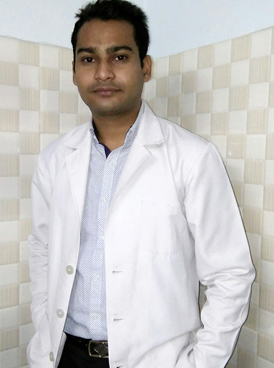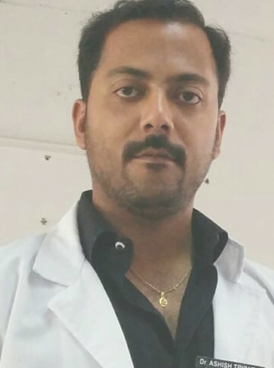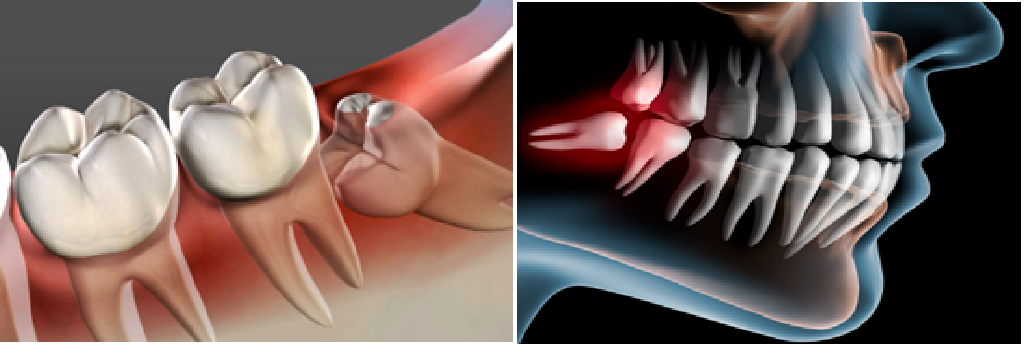
Wisdom teeth, also known as third molars, are the last teeth to emerge in the mouth, typically in the late teens or early twenties. Unfortunately, there are many myths and misconceptions surrounding wisdom teeth that can lead to unnecessary anxiety and confusion. In this blog, we aim to debunk common myths about wisdom teeth and provide you with accurate information.
Myth #1: Everyone has wisdom teeth.
Fact: Not everyone develops wisdom teeth. Some individuals may have all four wisdom teeth, some may have fewer, while others may not develop them at all. The presence or absence of wisdom teeth varies from person to person.
Myth #2: Everyone needs to have their wisdom teeth removed.
Fact: Not everyone needs to have their wisdom teeth removed. While some people may experience pain, infection, or other complications as their wisdom teeth emerge, others may have enough space in their mouth to accommodate them without any issues.
Myth #3: Wisdom teeth cause crowding of the other teeth.
Fact: The belief that wisdom teeth cause overcrowding is a common misconception. Studies have shown that wisdom teeth erupting or being extracted do not significantly impact the alignment of the other teeth in the mouth. Other factors, such as genetics and natural growth patterns, play a more significant role in dental crowding.
Myth #4: All impacted wisdom teeth require immediate extraction.
Fact: Impacted wisdom teeth are those that do not have enough space to fully emerge or grow in a normal position. While impacted wisdom teeth often require removal, the decision should be made on an individual basis. Your dentist or oral surgeon will evaluate the position, health, and potential complications associated with impacted wisdom teeth before recommending extraction.
Myth #5: Wisdom tooth extraction is a painful and complicated procedure.
Fact: Wisdom teeth extraction is a common dental procedure that is typically performed under local anesthesia, sedation, or general anesthesia. With proper anesthesia and pain management techniques, the procedure is usually well-tolerated, and any discomfort during the recovery period can be managed with prescribed medications.
Myth #6: Wisdom teeth removal is necessary for everyone before orthodontic treatment.
Fact: Wisdom teeth removal before orthodontic treatment is not always necessary. If the wisdom teeth are properly aligned, healthy, and do not interfere with the planned orthodontic treatment, they may not need to be extracted. It is best to consult with your orthodontist to determine the best course of action.
Myth #7: Wisdom teeth removal requires a long recovery period.
Fact: While some discomfort and swelling are common after wisdom tooth extraction, most people recover fully within a few days to a week. Following post-operative care instructions and taking prescribed pain medications can help minimize discomfort and promote healing.
Myth #8: Wisdom teeth only need to be removed if they are causing pain.
Fact: Pain is not the only indicator that wisdom teeth need to be removed. Other signs of problems with wisdom teeth can include infection, swelling, gum disease, decay, and damage to neighboring teeth.
Myth #9: Wisdom teeth only cause problems in older adults.
Fact: Wisdom teeth can cause problems at any age, but they are most likely to cause problems in people aged 17 to 25 when the teeth begin to emerge.
Myth #10: If wisdom teeth are not causing problems, they do not need to be monitored.
Fact: Even if wisdom teeth are not causing any problems, it is essential to have them monitored regularly by a dental professional. X-rays can be used to monitor the position of the teeth and identify potential problems early.
Myth #11: Everyone gets dry socket after wisdom teeth removal.
Fact: Dry socket, a painful condition that occurs when the blood clot that forms after extraction is dislodged, is not a common occurrence. Proper post-operative care, including following your dentist's instructions, can help prevent dry socket.
Conclusion:
Understanding the truths behind wisdom teeth can help dispel common myths and alleviate any unnecessary concerns. It is important to consult with your dentist or oral surgeon for a comprehensive evaluation and personalized recommendation regarding the care of your wisdom teeth. Remember, not all wisdom teeth require removal, and decisions should be made based on individual circumstances and professional advice.
Wisdom teeth, also known as third molars, are the last set of teeth to emerge in the back of the mouth. While some people experience no problems with their wisdom teeth, others may need them removed due to complications. Unfortunately, there are many myths and misconceptions surrounding wisdom teeth that can lead to confusion and unnecessary fear. In this blog, we aim to debunk common myths about wisdom teeth and provide you with accurate information.
Our Doctors
SMILE IN MINUTES Dental Care Doctors

Dr. Priyanka
Sr. Dental Surgeon

Dr. Mowmita Barik
Dental Surgeon (BDS)

Dr. Sapna
Dental Surgeon (BDS)

Dr. Md. Shoaib
Dental Surgeon (BDS)

Dr. Rubiya
Dental Surgeon (BDS)

Dr. Kuldeep
Dental Surgeon (BDS)

Dr. Ribhu
Dental Surgeon (BDS)

Dr. Sonam Tonger
Dental Surgeon (BDS)

Dr. Chanderalata
Dental Surgeon (BDS)

Dr. Neha
Dental Surgeon (BDS)

Dr. Priyanka Arora Sethi
Dental Surgeon (BDS)



